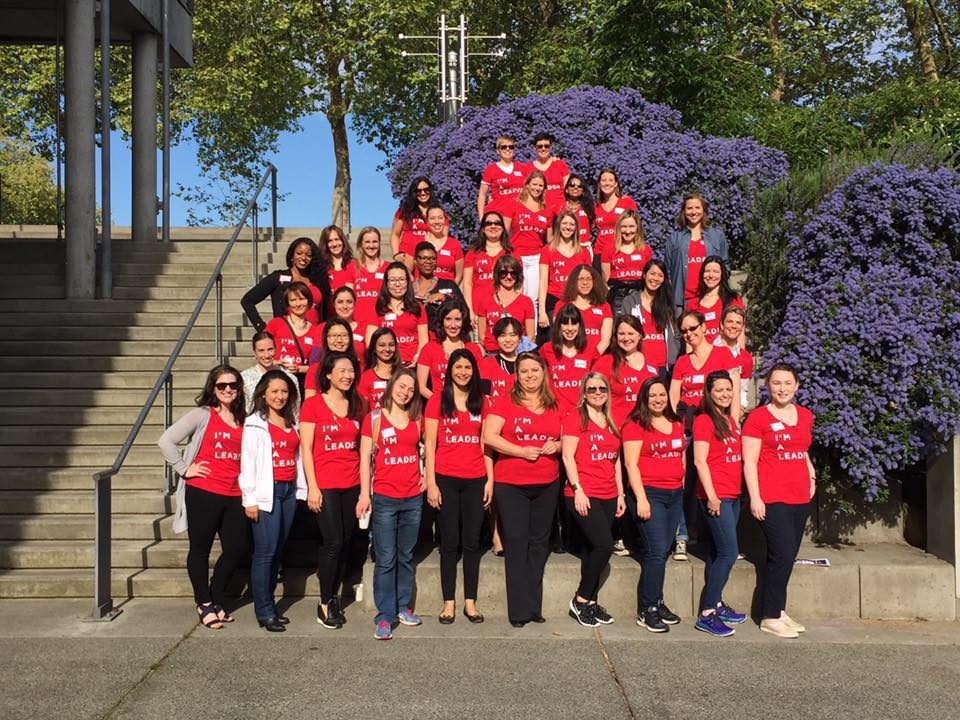Information overload carries a negative connotation but sometimes it comes from a happy place. This past weekend, I was in Seattle leading a career change workshop for the Lean In Seattle and Lean In Women’s Veterans chapters. This all-day event featured speakers from around the country, and with the quantity of information shared, however helpful and inspirational, information overload can easily result.
When my workshop rolled around after lunch and 3+ hours of other talks already, the first thing I did with the group was to ask for favorite takeaways from the morning. By sharing lessons learned out loud, attendees got to review what they absorbed, had a reminder from others for points they may have forgotten, and highlighted for themselves what particularly resonated. A simple review and sharing of recently acquired information is one of my favorite tips for managing information overload.
Here are four more information overload best practices:
Prune subscriptions ruthlessly to prevent information overload on autopilot
The type of information you need changes over time. What used to be a helpful resource is now yet another To Do on your reading list. Look at subscriptions, podcasts, RSS feeds, newsletters or other content you are subscribed to, and unsubscribe. You can always rejoin if you miss the content.
Batch your reading — change a daily habit to weekly, or a weekly habit to bimonthly
For content you continue to review regularly, unless you need time-sensitive information, don’t read incoming news in real-time. Create a dedicated content folder, and move alerts, subscriptions and other reading material in there to be reviewed at preset times, weekly or bimonthly. This way, you avoid the switching costs of flitting from tasks to reading and back again.
Keep temptations off-limits till end of day (to prevent mindless information overload)
If you tend to get sucked into Facebook surfing or YouTube videos or political commentary and lose track of time, make these particular temptations off-limits till end of day (if ever). You’ll have something to look forward to, and they won’t interrupt other, more important activities. Also by starting at the end of the day, you hopefully minimize the amount of time you spend on these low-return activities.
Share information you learn with people in your network, turning potential information overload into a powerful networking tool
Similar to sharing key takeaways from a conference with other attendees, sharing information you read about or hear about with people in your network deepens understanding of what you learned. Sharing information also gets you back in touch people in your network, providing them with something that is helpful, and turning information overload into a win-win for both of you. In fact, I encourage all of my clients to look at all information they consume with an eye towards who they will share that content with. You curate much better when you read with purpose.
I share five more tips on managing information overload in my recent Forbes post on Five Ways To Keep Up In Times Of Rapid Change. What has worked for you when faced with information overload?

